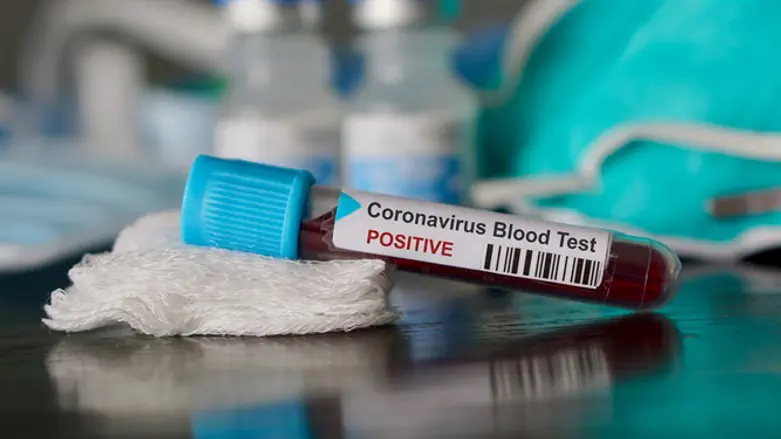
What does it take to make an effective vaccine quickly? Why are testing kits so hard to find? What makes this coronavirus so virulent?
To develop a coronavirus vaccine, synthetic biologists try to outdo nature. Even as companies rush to develop and test vaccines against the new coronavirus, the Bill and Melinda Gates Foundation and the National Institutes of Health are betting that scientists can do even better than now in the pipeline.
If, as seems quite possible, the COVID-19 virus becomes a permanent part of the world's microbial menagerie rather than being eradicated like the earlier SARS coronavirus, next-gen approaches will be needed to address shortcomings of even the most cutting-edge vaccines: They take years to develop and manufacture, they become obsolete as the virus evolves, and the immune response they produce is often weak.
We go deep into science you need to know with Tina Hesman Saey, senior writer on molecular biology for Science News, Dr. Yvonne Maldonado, An expert on infectious diseases and Dr. Mark Denison, Professor of Pathology, Microbiology, Immunology and Pediatrics at Vanderbilt University.
